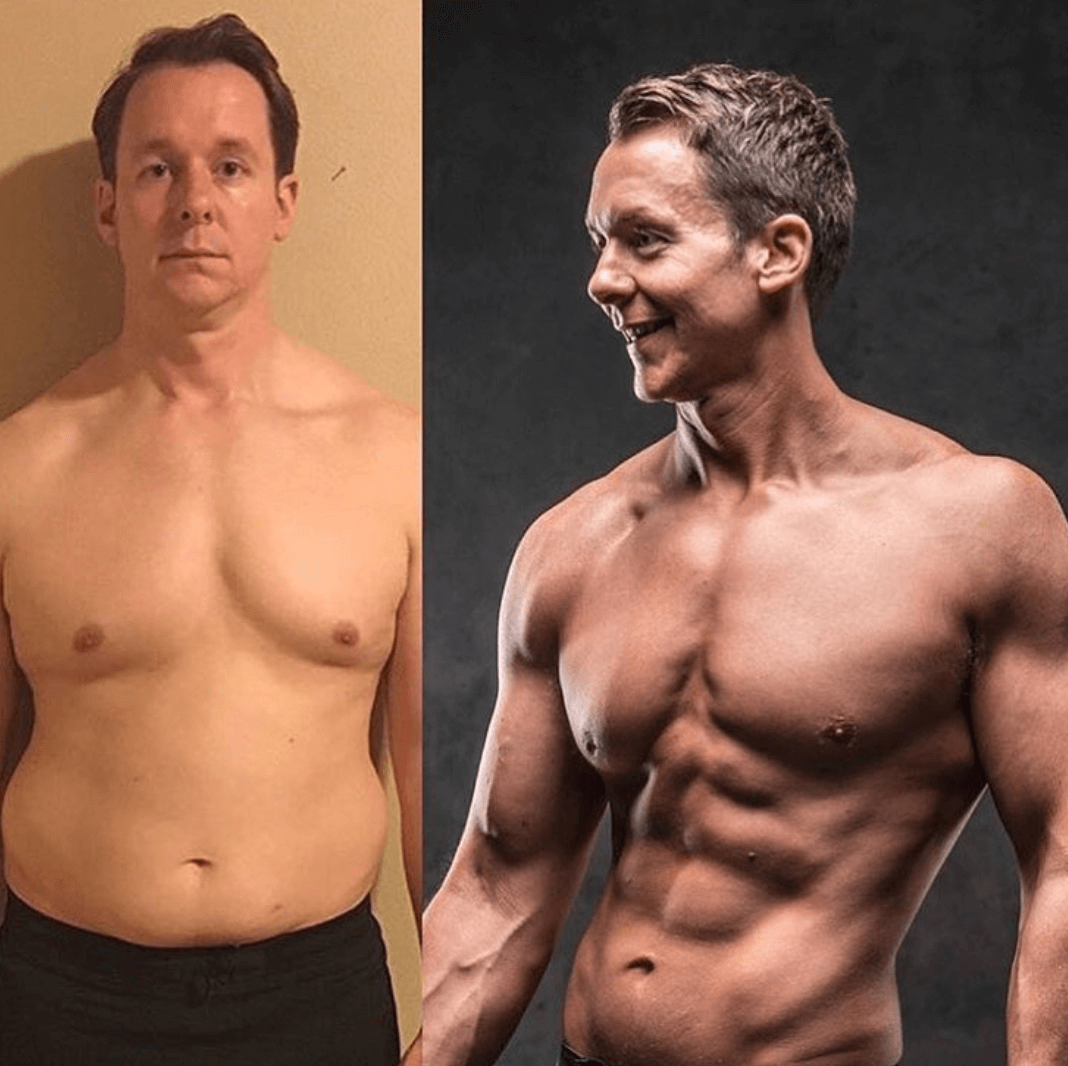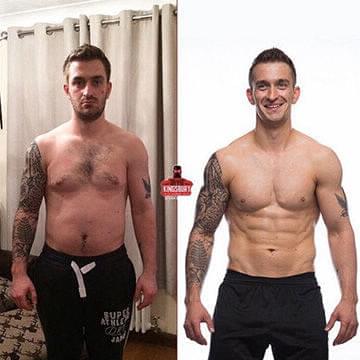Rest is a fundamental training principle that will boost your results through the roof. Exercise makes you stronger in the long run but you need enough recovery time, including good sleep quality, to make you fitter and stronger.

The Right Pattern
The impact of a healthy diet is best experienced with healthy sleep patterns. Not having the recommended seven to eight hours per night can reduce the benefits of a healthy diet. When your body doesn’t have enough rest, you will often find yourself feeling a lot hungrier without any energy left over for exercise – a lethal combination.
The hormones that control your body’s fat cells will also suffer when you’re sleep-deprived, with excess insulin production leading to fat build-up. The hormone fluctuations will often lead to cravings for unhealthy, high-calorie food as well as a slower metabolism and increased fat storage. Quite simply, sleep loss makes it very, very difficult to lose weight. You won’t feel satisfied after even a large meal as your brain will be foggy and the insular cortex weakened, diminishing your willpower. Research has even shown that we pile our plates higher when we are tired. It’s a recipe for disaster.
Muscle vs. Fat
If you’re suffering from sleep deprivation, this also means bad news for your muscles. Scientists have discovered that losing sleep lessens your body’s ability to make muscle and can lead to muscle loss. It’s also far more difficult to recover from exercise when you’re tired. Why? Because growth hormone production slows right down – that’s the guy responsible for fat burning who helps you out during recovery. Your increased cortisol levels will exacerbate the problem.
So that’s the impact that sleep loss has on your body – and the likelihood of gaining weight in this context is hugely increased along with a number of other serious health issues. Think obesity, diabetes and high blood pressure to start off with.
Many of us are far too aware of the problem but avoid doing something about it. Now is the time. Don’t let sleepless nights become a pattern and focus on getting an average of eight hours of sleep a night whenever possible. Your body, your training and your results will thank you for it.










